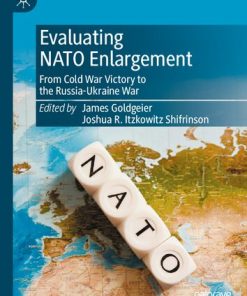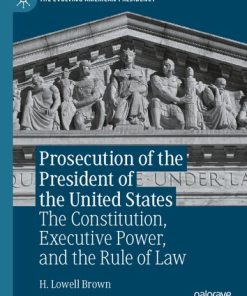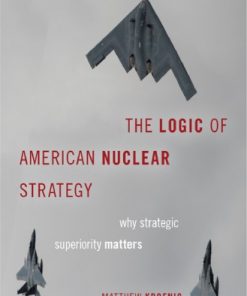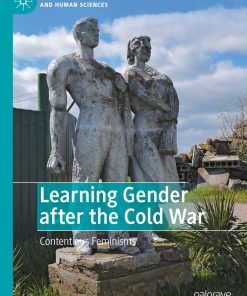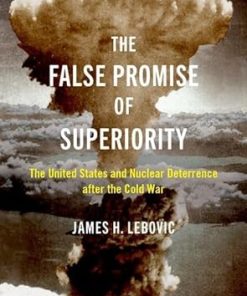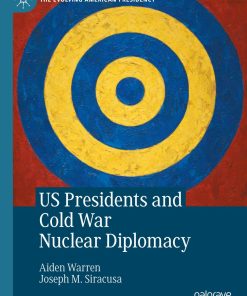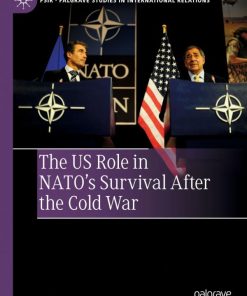The False Promise of Superiority: The United States and Nuclear Deterrence after the Cold War
$50.00 Original price was: $50.00.$25.00Current price is: $25.00.
The False Promise of Superiority: The United States and Nuclear Deterrence after the Cold War – Ebook Instant Download/Delivery ISBN(s): 9780197680896,9780197680872,9780197680865,0197680895,0197680879,0197680860,2022921533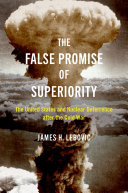
Product details:
- ISBN 10:0197680895
- ISBN 13:9780197680896
- Author: James H. Lebovic
This political analysis exposes the fanciful logic that the United States can use nuclear weapons to vanquish nuclear adversaries or influence them when employing various coercive tactics.During the Cold War, American policymakers sought nuclear advantages to offset an alleged Soviet edge. Policymakers hoped that US nuclear capabilities would safeguard deterrence, when backed perhaps by a set of coercive tactics. But policymakers also hedged their bets with plans to fight a nuclear war to their advantage should deterrence fail. In The False Promise of Superiority, James H. Lebovic argues that the US approach was fraught with peril and remains so today. He contends that the United States can neither simply impose its will on nuclear adversaries nor safeguard deterrence using these same coercive tactics without risking severe, counterproductive effects. As Lebovic shows, the current faith in US nuclear superiority could produce the disastrous consequences that US weapons and tactics are meant to avoid. This book concludes that US interests are best served when policymakers resist the temptation to use, or prepare to use, nuclear weapons first or to brandish nuclear weapons for coercive effect.
Table contents:
1. The United States and Nuclear Deterrence after the Cold War
Part I Assessing Nuclear Capability: The History and Implications of Alleged Nuclear Advantages
2. The Cold-War Nuclear Force Balance: The Challenge and Promise of Asymmetry
3. Nuclear “Superiority” after the Cold War
Part II Coercive Tactics: Boosting Credibility to Signal a US Willingness to Act on the US “Nuclear Advantage”
4. Commitment
5. Risk Manipulation
6. Resolve and Reputation
Part III Case Studies
7. When Tactics Consume Strategy: Decision Making in the Cuban Missile Crisis
8. When Red Lines Consume Debate: Thwarting Iran’s Nuclear Ambitions
9. The Case for Nuclear Superiority: Assessing What We Know (and Do Not Know) about Nuclear Deterrence
People also search:
the false promise of international institutions summary
are false statements protected speech
false superiority
what is false belief of superiority
what does false belief of superiority mean
You may also like…
Politics & Philosophy - Politics
Politics & Philosophy - Social Sciences
History
The False Promise of Superiority: The United States and Nuclear Deterrence after the Cold War
History - Military History
The logic of American nuclear strategy: why strategic superiority matters Kroenig
Politics & Philosophy - Women's Studies
Learning Gender after the Cold War: Contentious Feminisms Ioana Cîrstocea
History - American Studies
Politics & Philosophy - Government & Politics
Politics & Philosophy - Social Sciences
Politics & Philosophy - International Relations
The US Role in NATO’s Survival After the Cold War 1st Edition




